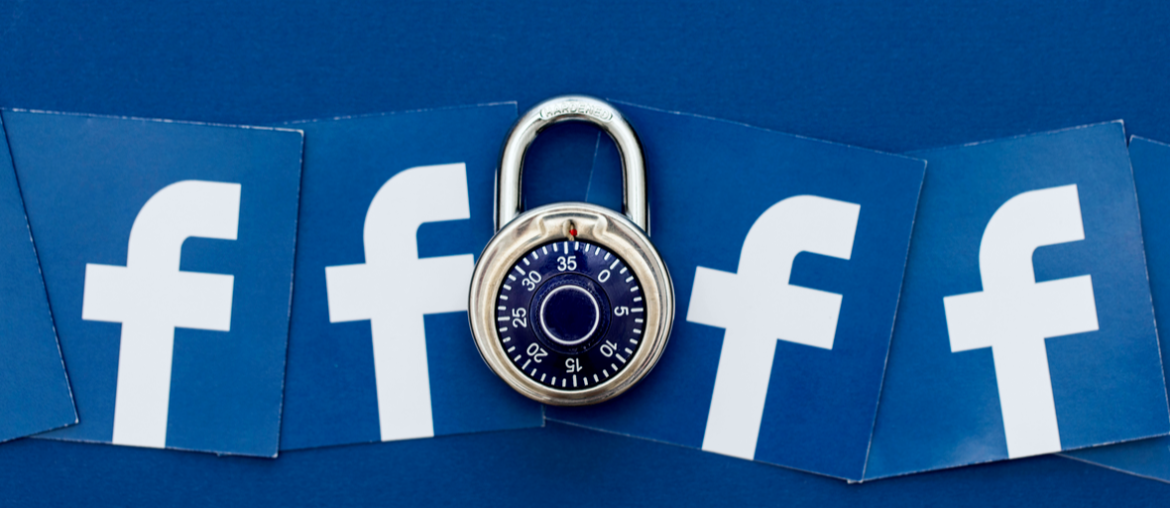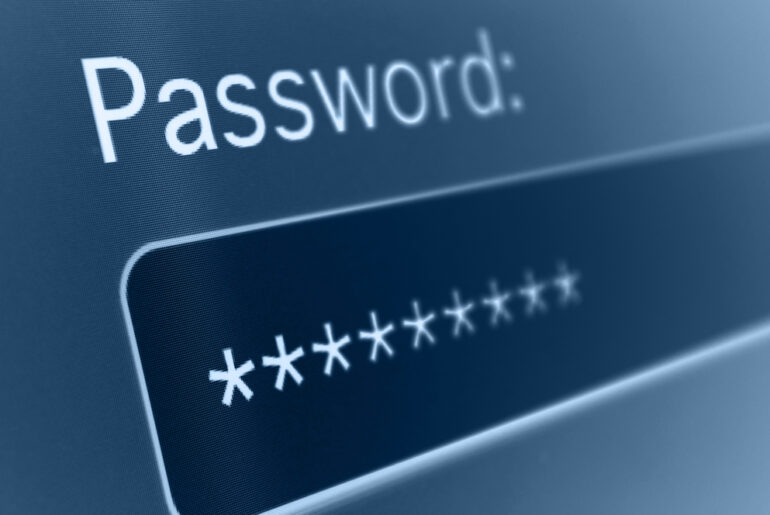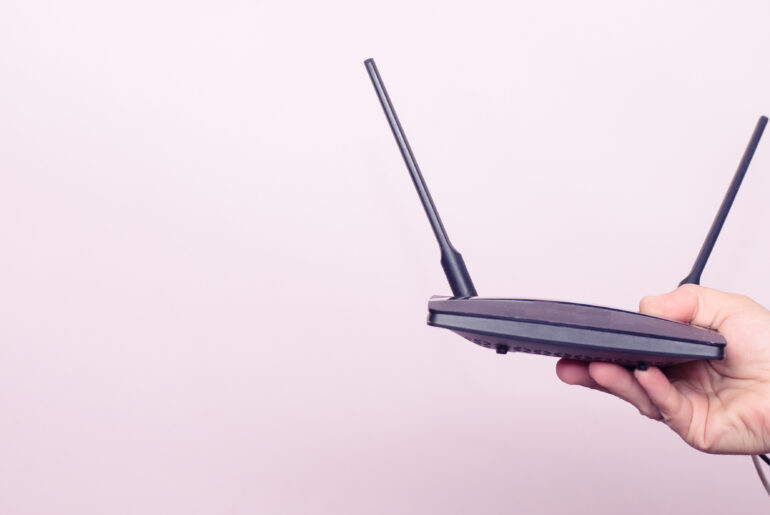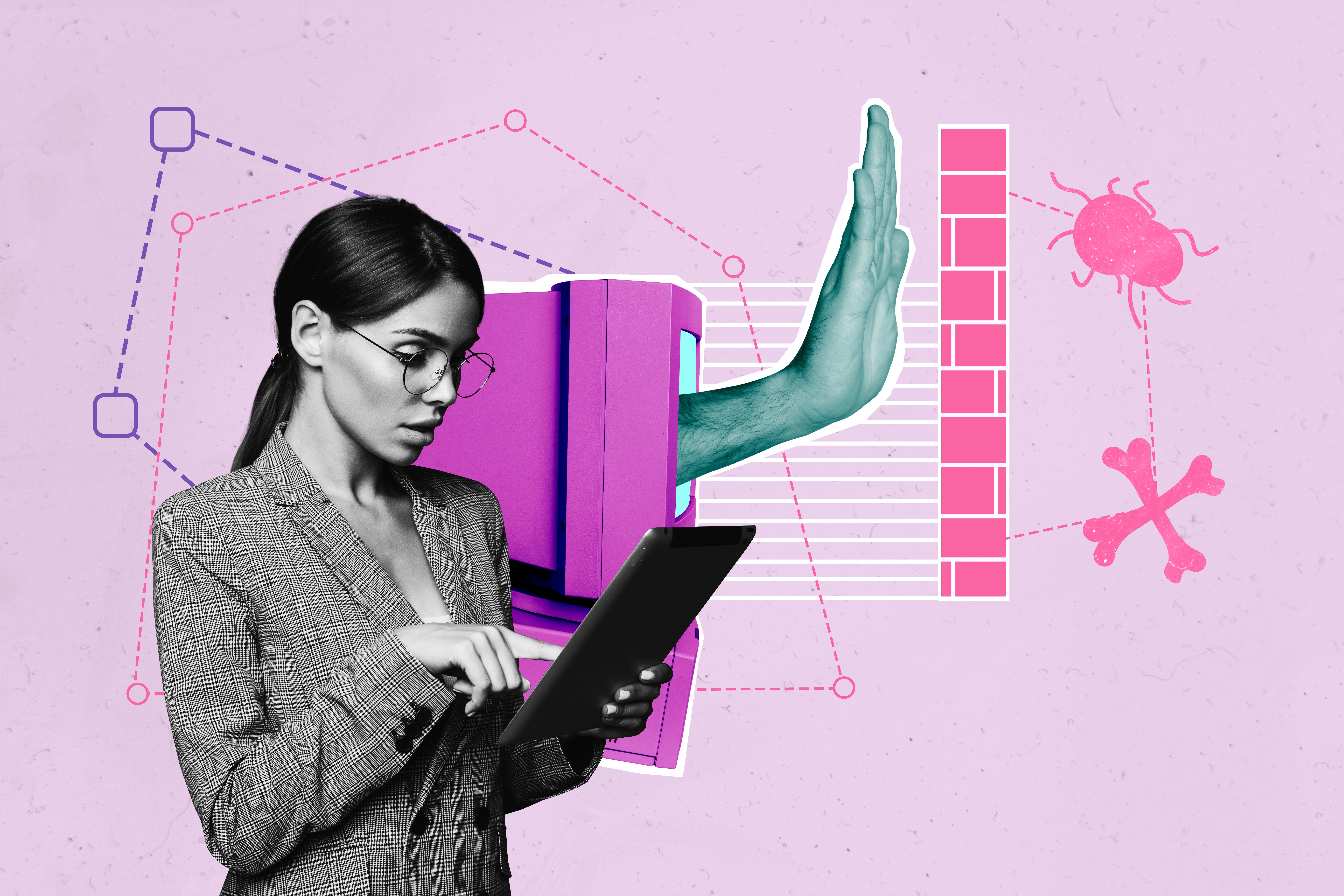Have you ever been talking with someone about a product, just to see an advertisement for it on Facebook later? If so, you’re not alone. In fact, this advertising “coincidence” is fairly common. Millions of people report increases in specific advertisements after discussing them face-to-face, so how does Facebook get that information? This kind of phenomenon occurs frequently, making many users wonder, “is Facebook listening to me?”
Facebook Listening and Data Collection
When we ask the question, “Is Facebook listening to me,” it’s important to clarify what that means. For Facebook to “listen” to you, the application would need permission to access your audio input. So, in short, the answer to the initial question is “no.” However, even though the app isn’t stealing your audio data, it still has ways to obtain your information.
Facebook collects a variety of demographic data that helps them target their advertisements more effectively. This information includes your photos, your videos, your location, and anything else you upload to the application. If you have your school or place of employment on your Facebook profile, they can access that information, too. Facebook compiles this data and tailors your advertisements to products or services that it thinks you’ll purchase.
These days, most websites have trackers in their code which allow Facebook to monitor your activity. These methods are ultimately easier than actually “listening” or spying on a user’s audio, and they’re legal. This is one of the many reasons why it’s so important to keep your private information secure online. There’s no way to know for sure which platforms, apps, and websites are tracking your personal data right now.
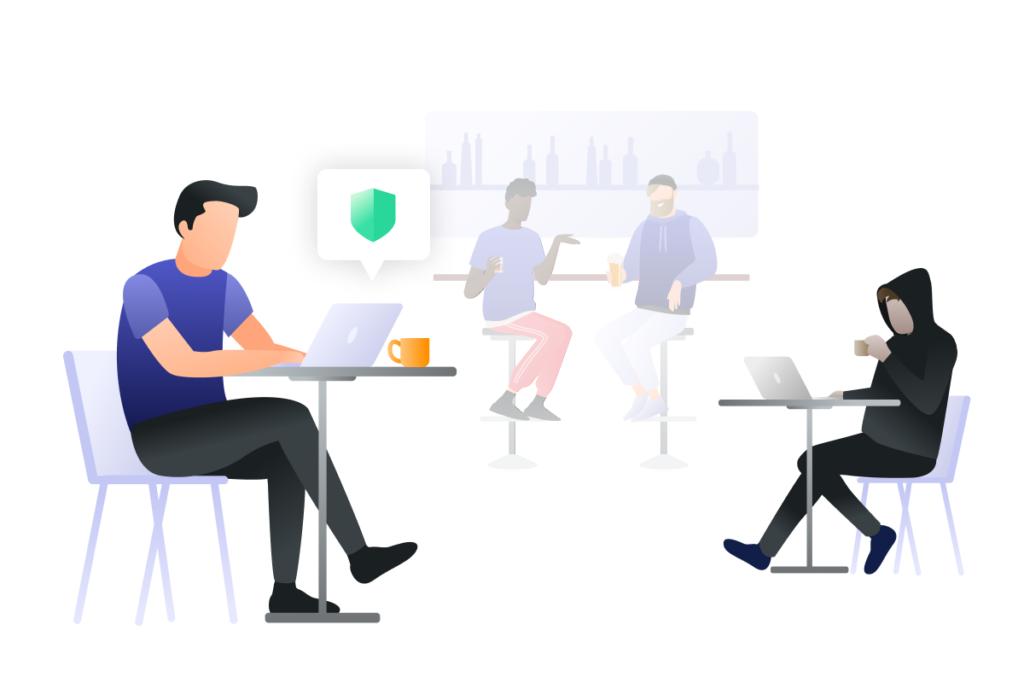
Reduce Data Collection on Facebook
One of the ways that Facebook collects data is by accessing information that users have already put on the platform. If you want fewer advertisements targeting your demographic or interests, reducing the data you have on Facebook can help. The application has many ways that you can customize your privacy settings, depending on your needs. Whether you’re deleting your personal information or deactivating your account, here are some ways you can increase your privacy online.
- Turn off the option for location tracking in the Facebook app.
- Block access to your contacts, camera, and microphone.
- Switch off the ad tracking setting.
- Limit the personal data you share with Facebook.
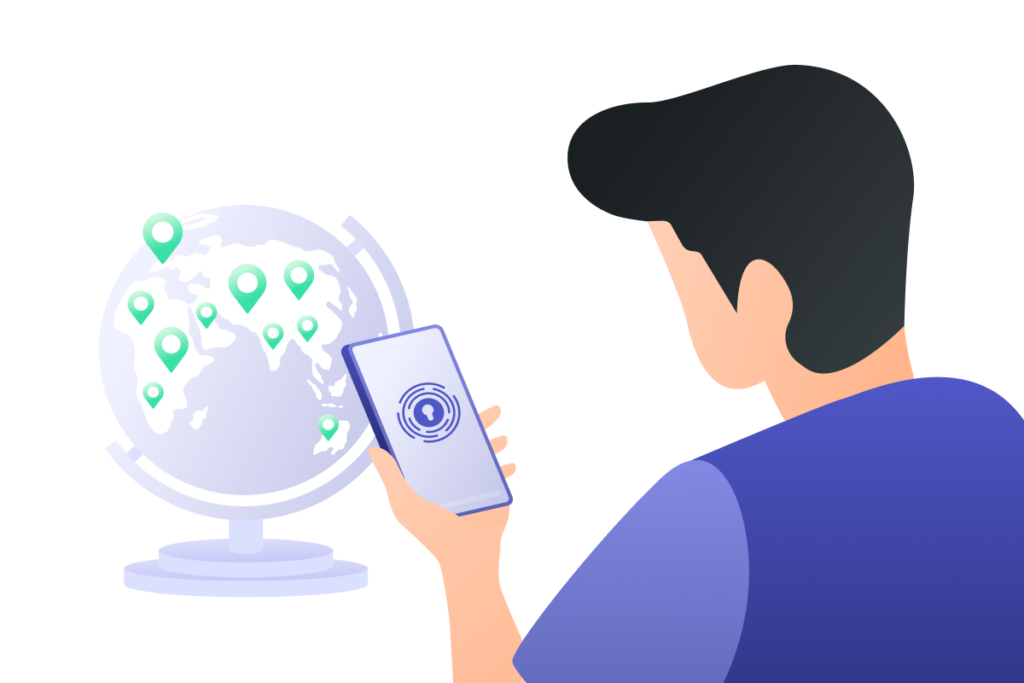
Improve Your Online Privacy
It’s important to keep your information safe from prying eyes, like cybercriminals and invasive ISPs (Internet Service Providers). Facebook advertisements are much less dangerous than some of the other security threats on the Internet. Many malicious entities are waiting around different corners of the Internet to steal as much information from you as possible. When an attacker steals your personal data, it can cause serious social and financial harm. Some criminals will even use your information to open up a fraudulent line of credit in your name. Identity theft is just one of many ways that these attackers can leverage your security vulnerabilities. This is why it’s so necessary to protect your online privacy.
In addition to strengthening your privacy settings, there are other ways to protect how much information Facebook has about you. Although it seems obvious, reducing the information you share in your posts, photos, and stories can give you more protection. For example, it’s better not to mention the name of your college or place of employment. Someone hoping to find more information on you, or trying to impersonate you, could use that data to their advantage.
Ultimately, the best way to protect yourself online is to keep your information secure. However, another great way to boost your privacy is by using a powerful VPN. This software hides your location information, making it harder for advertisers and cybercriminals to know where you live.
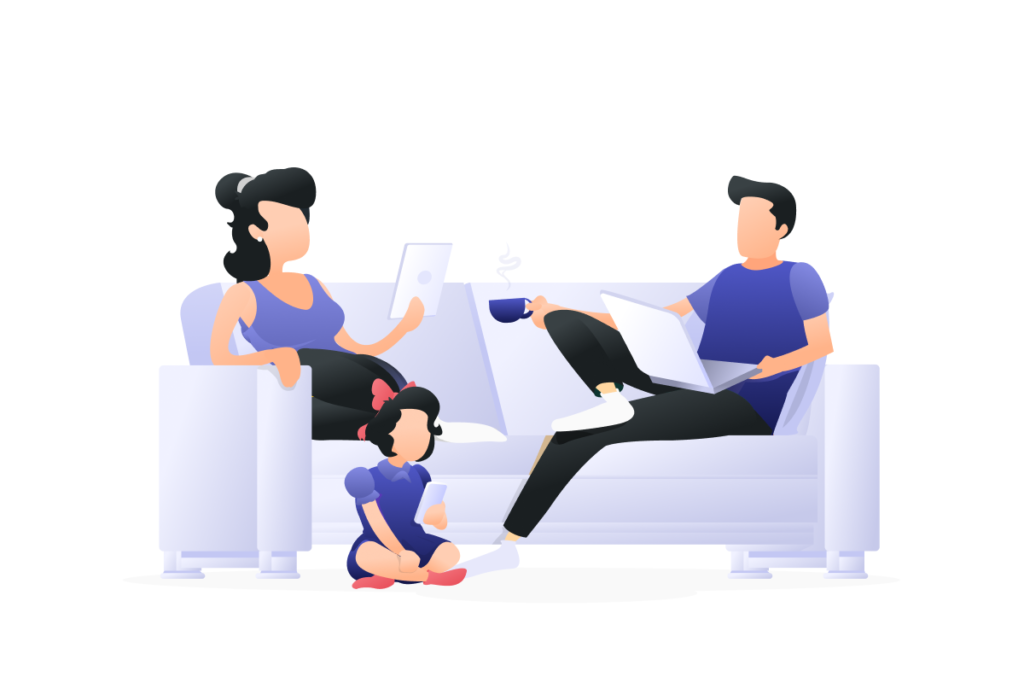
What is a VPN?
VPNs (Virtual Private Networks) let you mask the location of your device by encrypting the IP address. These days, any device with Internet capabilities has an IP address assigned to the online activity from that location. Without protection from a VPN, cybercriminals can obtain your personal information and use it without you knowing. Some attackers also introduce malware or other serious security threats to your system.
A VPN allows you to boost your online privacy by securely encrypting the data you send over the Internet. This process “scrambles” your data, making it more challenging for criminals to access your personal information. VPNs that work alongside strong encryption protocols, like OpenVPN and IKEv2, introduce reliable security for any network or device.
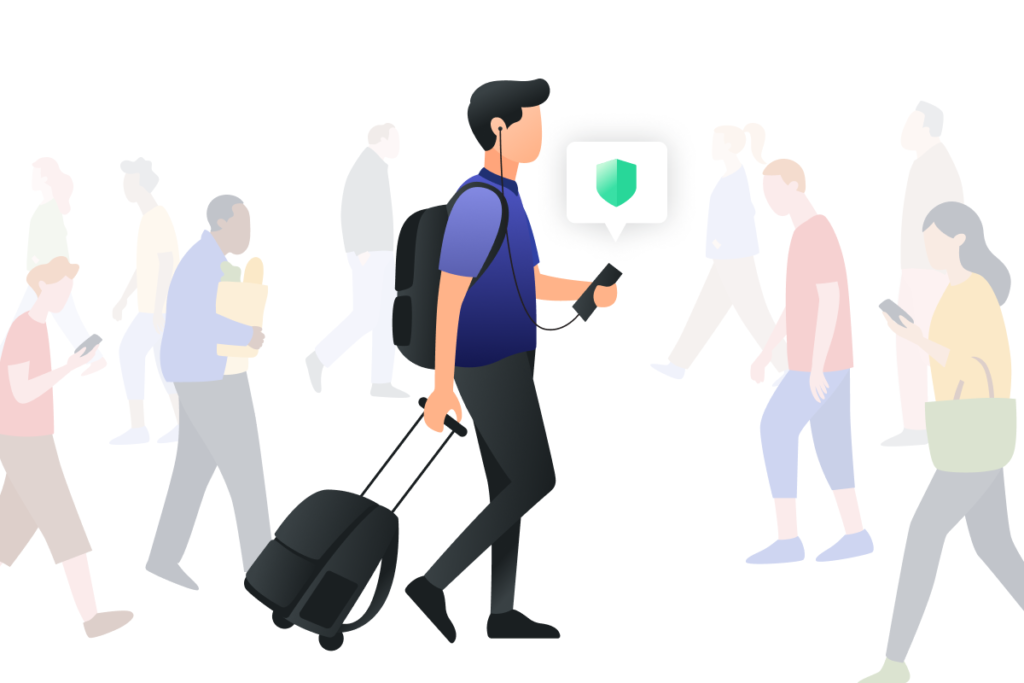
Get Powerful Online Privacy with PrivadoVPN
Keep your private information out of the hands of advertisers, invasive ISPs, malicious hackers, and cybercriminals with help from PrivadoVPN. Our powerful 256-bit-AES encryption gives you world-class privacy in one easy-to-use app. We proudly offer a true Zero-Log guarantee, which means we will never track your online activity or sell it to advertisers. Our VPN is backed by Swiss privacy laws, the strongest in the world, so you know your information is safe.
Premium users also get access to 10 simultaneous connections, unlimited monthly VPN data, and over 300 secure global servers. It’s never been a better time to improve your online privacy and keep yourself secure. Sign up for PrivadoVPN now and start protecting yourself today.
Download PrivadoVPN
Protect your privacy with a world-class VPN. Sign up for premium access to PrivadoVPN and get unlimited monthly data, access to 300+ servers from around the world, and up to 10 simultaneous connections. Get a top-rated VPN that can secure your privacy at home, at work, or on the go. Sign up for PrivadoVPN today!

